Burundian civil society organization, PARCEM issued a strong appeal for urgent reforms in the country’s public finance management, urging the government to adopt a comprehensive strategy ahead of the 2025–2026 Draft Finance Bill.
In a statement released Thursday, the organization stressed the importance of citizen participation and expert input in shaping the upcoming budget, citing persistent concerns over transparency, accountability, and fiscal discipline. “It is urgent to establish a proper public finance reform strategy, based on evaluations by international experts and already well-known international standards,” PARCEM said in a statement posted on X.
PARCEM emphasized the need for inclusive budgetary processes, urging the government to release the draft budget by March each year to allow for public consultations and to ensure the incorporation of citizen priorities. The organization outlined eight guiding principles tied to the country’s economic context, notably calling for a pre-budget report that details the national economic situation. This, PARCEM argues, would enhance transparency and allow stakeholders to engage meaningfully. The concerns echo those raised in 2024 by anti-corruption watchdog OLUCOME, which criticized the lack of civil society involvement in the drafting of the 2024–2025 state budget.
The organization also decried the growing prevalence of off-budget projects, pointing to large infrastructure initiatives—such as the construction of new stadiums—that are not reflected in the official budget. The group questioned how these projects are being financed and evaluated, noting a lack of traceability and oversight.
In a parallel stance, Gélase Daniel Ndabirabe, President of the National Assembly, earlier this year expressed frustration over poorly monitored government expenditures. “Budgets are being allocated to areas where one can’t even trace or measure the expected results,” Ndabirabe said. “Meanwhile, sectors with potential for revenue or production receive very little funding.” He particularly criticized excessive spending on official missions that yield little to no benefit for the country and urged the Ministry of Finance to prioritize income-generating projects. “When reviewing ministry submissions, identify and eliminate non-productive projects,” he told Finance Minister Nestor Ntahontuye.
In response, Minister Ntahontuye announced in February a major shift to a results-oriented, project-based budget model starting in the 2025–2026 fiscal year. The new approach, he said, would improve prioritization, resource allocation, and transparency. “We will define our objectives first and then seek the necessary financing,” he said, promising that the budget would be submitted to the National Assembly by March 31. Ntahontuye also acknowledged past challenges, noting that unclear project goals had led to substantial financial losses.
PARCEM’s recommendations go further, calling for greater oversight of budget overruns and procurement processes, regular evaluations of Burundi’s debt—which has now surpassed 50 percent of the national GDP—and improved monitoring of the Burundi Revenue Authority (OBR), especially regarding tax exemptions. The organization also stressed the importance of ensuring the traceability of revenues from sectors like mining and income from Burundian troops deployed on peacekeeping missions abroad.
In terms of institutional oversight, PARCEM urged for increased financial and human resources for the Court of Auditors to effectively fulfill its mandate. The organization also called for stronger implementation of recommendations issued by ministerial inspectorates and the General State Inspectorate.
Finally, PARCEM recommended that ministers be granted more autonomy to manage and defend their own budgets before the National Assembly, provided this is done within a structured framework of long-term expenditure management. The organization also pushed for internal reforms within the Ministry of Finance, including the recruitment of competent professionals capable of implementing these ambitious fiscal reforms.

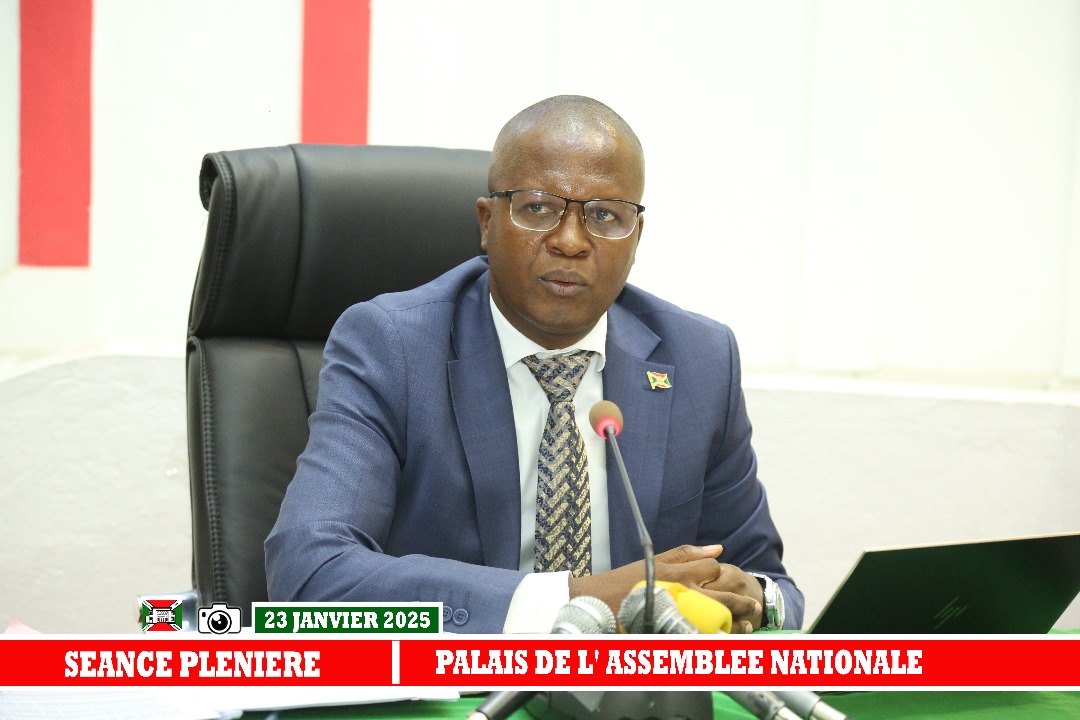
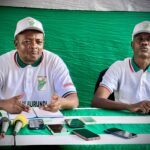
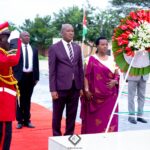
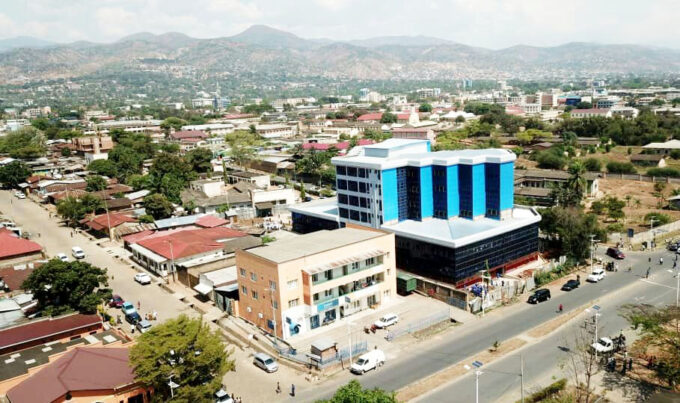
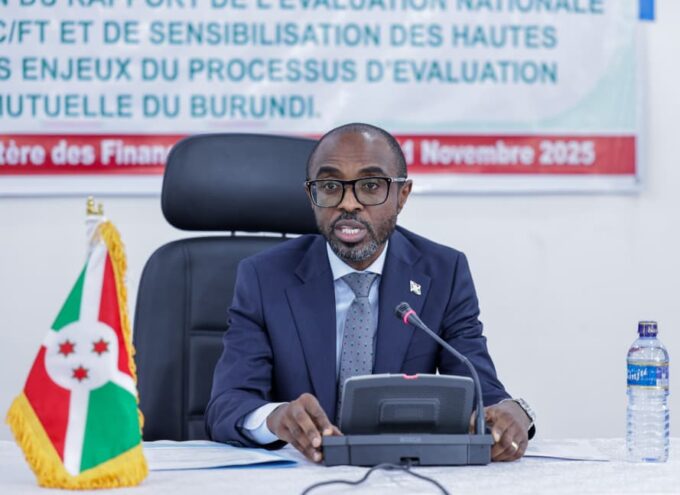
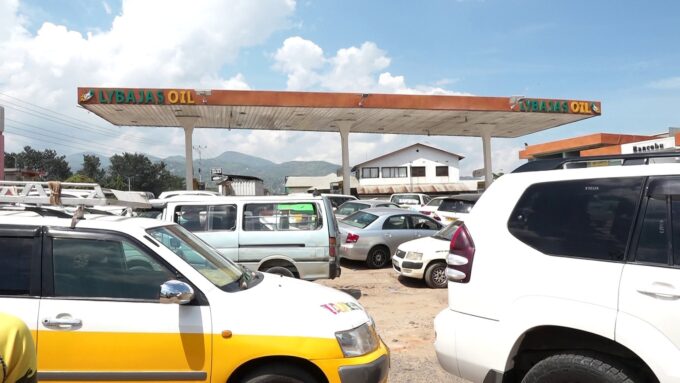
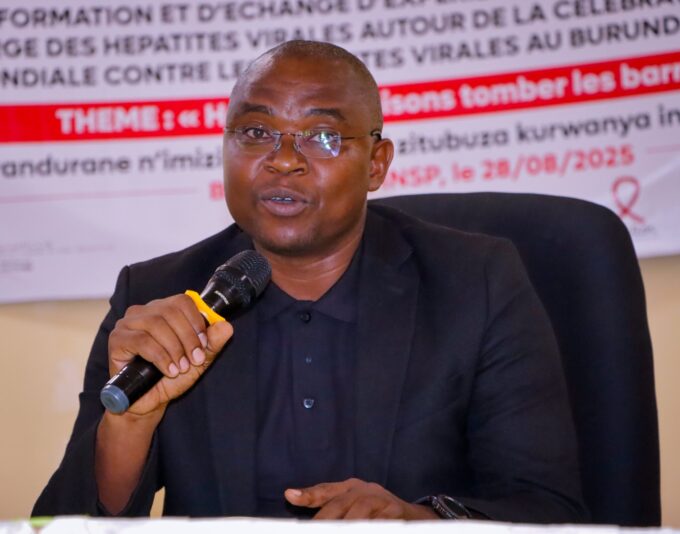
Leave a comment